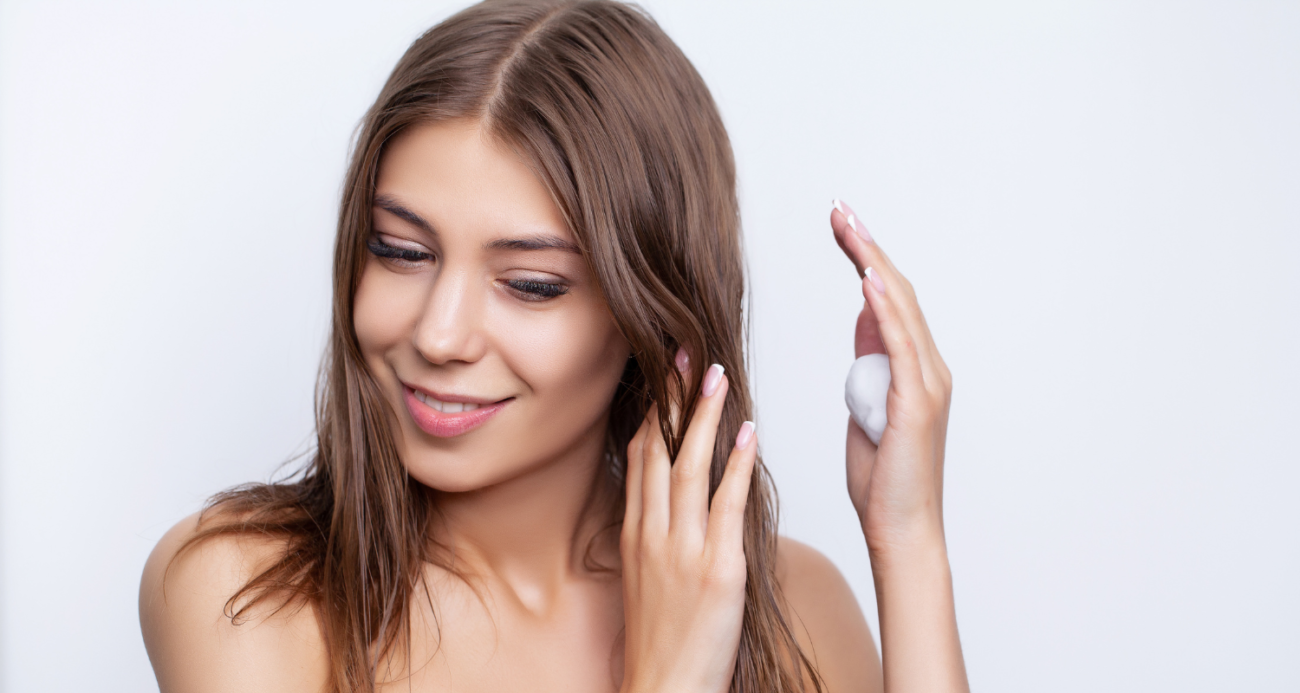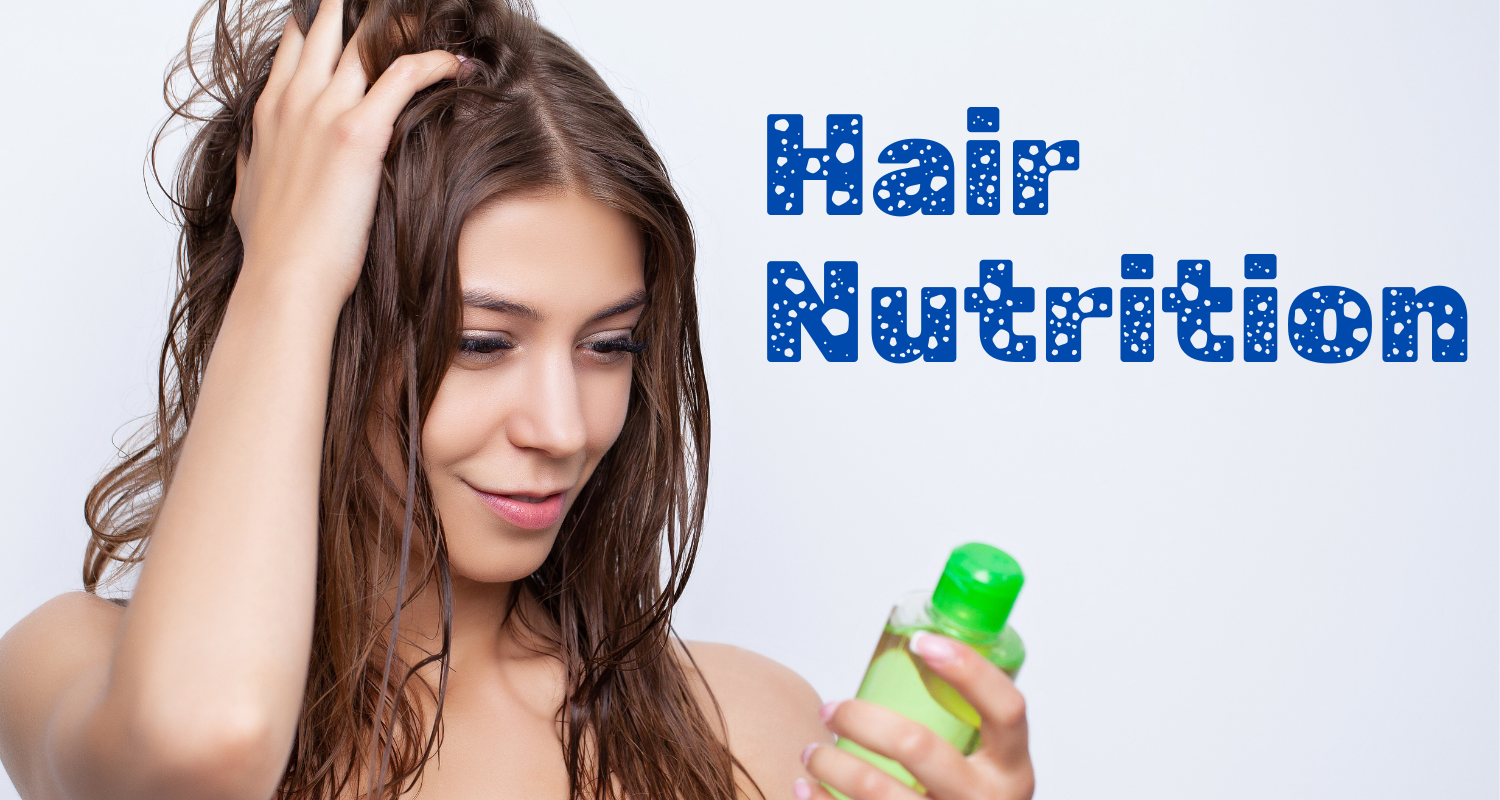Diet and Healthy Hair Nutrition
Hair health is closely linked to nutrition and getting the right nutrients can make a big difference. Many nutrients play a role in keeping hair strong and shiny from the inside out. Getting enough protein, iron, zinc, B vitamins, vitamin C, vitamin D, vitamin E, and omega-3 fatty acids in your diet is especially important for optimal hair health.
In this article, we’ll explore the top nutrients for stronger, shinier hair and the foods you can eat to get them. Feeding your hair the right nutrients can help reduce hair loss, increase growth, and improve volume and shine. Read on to learn how to nourish your hair from the inside out through proper nutrition.
Protein
Hair is made of a protein called keratin, so getting adequate protein in your diet is crucial for optimal hair health. Protein provides the building blocks for strong hair growth. When you don’t get enough protein in your diet, existing hair may become brittle and dry while new hair growth can be stunted.
Consuming foods high in protein gives your hair the nutrients it needs to grow faster and stronger. Great protein sources include:
Eggs – One of the best sources of protein, eggs also contain biotin which helps hair grow.
Meat – Beef, pork, and chicken provide protein as well as iron which carries oxygen to support hair follicles.
Fish – Salmon, tuna, and mackerel are packed with protein and omega-3 fatty acids that keep hair hydrated.
Beans – Kidney beans, chickpeas, and lentils deliver plant-based protein.
Nuts and seeds – Almonds, walnuts, pumpkin seeds, and sunflower seeds are protein-rich options.
Aiming for adequate daily protein intake will nourish your hair from within and promote the healthy, robust hair growth you desire. Focus on incorporating high-quality protein sources for stronger, shinier locks.
Iron Nutrition
Iron is an essential mineral for hair health. It carries oxygen to the hair follicles, which helps them stay strong and healthy. Low iron levels have been linked to hair loss and reduced hair growth.
Getting enough iron in your diet can help nourish your hair and prevent breakage. Good dietary sources of iron include:
- Spinach
- Red meat
- Beans
- Lentils
- Tofu
- Dark chocolate
- Fortified cereals
- Pumpkin seeds
Aim for around 18 mg of iron per day for women and 8 mg per day for men. Consuming vitamin C foods like oranges, kiwi, and peppers can help boost iron absorption too.
So be sure to include iron-rich foods in your diet for stronger, shinier locks.
Zinc Nutrition
Zinc is an essential mineral for hair health and growth. Zinc deficiency is linked to hair loss, as zinc plays a key role in hair follicle health.
Zinc activates enzymes within hair follicles that aid in protein synthesis, cell division and DNA and RNA production. These processes are vital for generating new hair. When zinc levels drop, hair follicles become damaged and hair growth slows.
Some studies show that zinc supplementation can help treat hair loss in those with zinc deficiency. Getting enough zinc from your diet is crucial for maintaining healthy hair.
Foods high in zinc include oysters, beef, chicken, tofu, cashews, chickpeas, yogurt, oatmeal and pumpkin seeds. Aim to eat a variety of zinc-rich foods daily to prevent a deficiency and promote optimal hair growth.
B Vitamins
B vitamins play an important role in hair health by helping create red blood cells that bring oxygen and nutrients to the scalp and hair follicles.
One B vitamin that is particularly beneficial is biotin. Biotin helps build the protein keratin, which makes up 95% of our hair’s structure. Getting enough biotin can help hair grow faster, longer, and stronger.
Some great food sources of biotin include:
- Eggs
- Meat like chicken and fish
- Beans
- Nuts
- Seeds
- Sweet potatoes
- Whole grains
Consuming these biotin-rich foods helps ensure your body has the building blocks to produce strong, healthy hair. Along with biotin, getting a variety of B vitamins from whole foods or supplements can nurture your hair from the inside out.
Vitamin C
Vitamin C is critical for hair health. It aids the absorption of iron, which is essential for hair growth. Vitamin C is also needed to produce collagen, which supports hair follicles.
Getting enough vitamin C can help hair grow thicker and stronger. Foods rich in vitamin C include citrus fruits, peppers, broccoli, strawberries, and kiwi. Eating these fruits and vegetables daily will provide hair follicles with this key nutrient.
Vitamin C also has antioxidant properties that protect hair from damage caused by free radicals. Free radicals break down collagen in the hair follicle. Vitamin C neutralizes these compounds before they can cause harm.
Consuming vitamin C along with iron-rich foods maximizes iron absorption. Pairing citrus with iron-rich spinach or beans will benefit hair more than eating them separately.
Vitamin C deficiency can lead to dry, breaking hair. Brittle strands are a sign that collagen support in the follicle is lacking. Upping vitamin C intake from food or supplements can help remedy this.
Overall, getting enough vitamin C from natural food sources provides essential support for optimal hair growth and strength. It nourishes hair follicles, boosts collagen, and enhances iron absorption.
Vitamin D
Vitamin D plays an important role in regulating the hair growth cycle. This vitamin is produced in the skin through exposure to sunlight. Lack of sun exposure can lead to a vitamin D deficiency, which has been linked to hair loss and slowed hair growth.
Vitamin D may help create new hair follicles and maintain healthy follicles and hair production. It’s thought that vitamin D interacts with receptors in hair follicles to encourage the anagen (growth) phase.
Good food sources of vitamin D include fatty fish like salmon, mackerel, and tuna. Egg yolks also provide vitamin D. Mushrooms are another source, especially if they’ve been exposed to UV light to increase vitamin D content. Consuming these foods can help prevent a deficiency that could negatively impact hair health.
Vitamin E
Vitamin E is a powerful antioxidant that helps boost blood circulation in the scalp and promote healthy hair growth. It neutralizes free radicals and inflammation that can damage the hair follicles and cause hair loss. Vitamin E also enhances shine and luster by protecting the lipid layer on the outer cuticle of the hair.
Some of the best food sources of vitamin E include nuts like almonds and peanuts, seeds like sunflower seeds, spinach, broccoli, and avocados. The vitamin E found naturally in foods is the most active and absorbable form. Just a handful of almonds or sunflower seeds can provide half your daily vitamin E needs. Adding nuts, seeds, and leafy greens to your diet can ensure you get enough vitamin E for optimal hair health.

Omega-3 Fatty Acids
Omega-3 fatty acids are an essential nutrient for healthy hair growth. Getting enough omega-3s in your diet can help reduce inflammation that can cause hair loss. They also support scalp health by keeping the follicles and skin hydrated.
The two main omega-3s for hair health are EPA and DHA. These are primarily found in fatty fish like salmon, mackerel, and sardines. If you don’t eat much fish, you can also get omega-3s from plant sources like walnuts, chia seeds, and flaxseeds.
Omega-3s help minimize hair shedding by keeping the follicles in the growing phase longer. They also increase blood flow to the scalp to supply the follicles with nutrients. This results in faster hair growth and thicker strands over time.
In addition to stimulating growth, omega-3s add shine and luster. The oils condition the hair and help reduce dryness and damage that can lead to breakage. This makes hair look and feel smoother and silkier.
Getting the recommended amount of omega-3 fatty acids can make a big difference in the health and appearance of your hair. Aim for two servings of fatty fish per week or a daily dose from supplements or fortified foods.
Conclusion
A balanced diet with key nutrients is essential for healthy, strong, shiny hair. Getting enough protein, iron, zinc, B vitamins, vitamin C, vitamin D, vitamin E, and omega-3 fatty acids can help promote hair growth and reduce hair loss.
Eating foods like eggs, fatty fish, nuts, seeds, legumes, citrus fruits, leafy greens, avocados, whole grains, yogurt, and lean meats provides the nutrients your hair needs to stay lush and vibrant. Make sure to consume a diverse diet with plenty of fruits, vegetables, healthy fats, and protein sources.
Take care of your hair by taking care of your overall diet. Focus on getting adequate nutrition from wholesome, minimally processed foods. Drink plenty of water as well. With the right dietary foundation, you can help your hair look its best.


